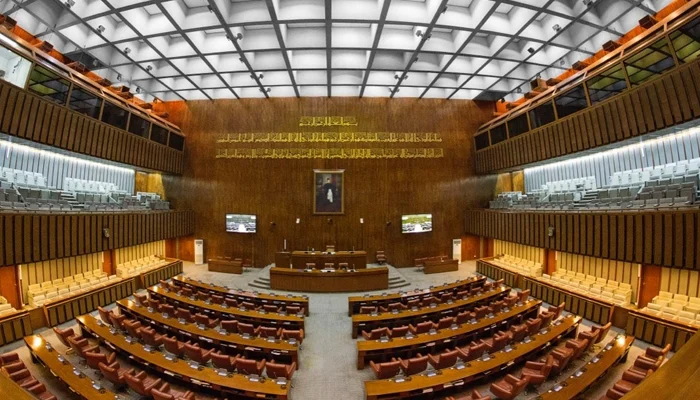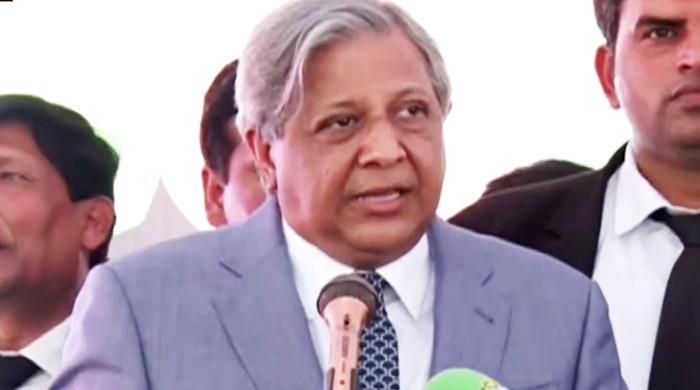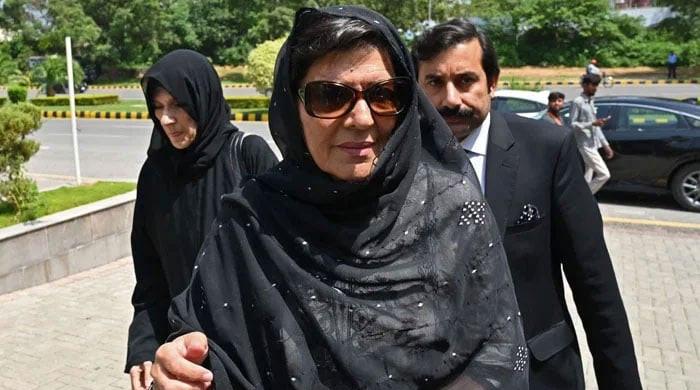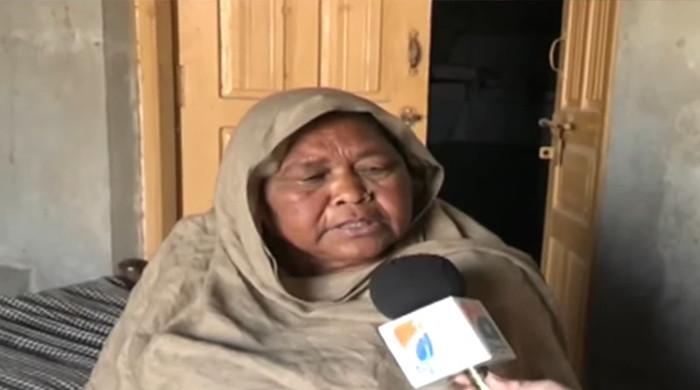PPP senator presents bill seeking to curtail JCP's power in appointing judges
Bill proposes giving parliamentary committee meaningful say in process to elevate judges to Supreme Court
August 02, 2022

- PPP Senator Farooq Naek presents bill to limit JCP powers.
- Bill proposes giving parliamentary committee more power.
- It proposes to change process of elevating judges to SC.
ISLAMABAD: PPP Senator Farooq H Naek on Monday moved a constitutional amendment bill in the Senate, seeking to curb the powers of the Judicial Commission of Pakistan (JCP) in the appointment of judges of the superior courts and give the parliamentary committee a meaningful say in the process.
Having not been opposed by the government on the private members' day, according to The News, Senate Chairman Muhammad Sadiq Sanjrani referred the bill to the standing committee on law and justice with the direction to submit its report to the house within 15 days.
The veteran legislator, explaining the salient features of the bill in the house, said the purpose of appointing judges to the Supreme Court, the JCP presently comprises the Chief Justice of Pakistan, four judges of the Supreme Court, a retired judge of the Supreme Court, law minister, attorney general, and a senior advocate.
He pointed out that the balance was heavily tilted in the judges’ favour while the draft law proposes to exclude one of the four sitting judges to make it a seven-member panel.
Moreover, the composition of the commission for appointment of high court judges has also been proposed to be changed to reduce its total strength from 13 to 11.
Senator Naek made it clear that he would not like to speak about allegations of favouritism in the appointment of judges but pointed out that the constitution was silent on the criterion of the advocates to be named for judicial appointments.
The bill, he continued, proposes an initiation committee to propose names within 60 days after a vacancy occurs while the proposed committee should be headed by the respective judge of the high court and comprise next two senior judges, an advocate-general and a bar council member.
Appointing high court CJ
The bill also proposes to provide for the appointment of the most senior judge of the high court as chief justice on the pattern of the Supreme Court.
He regretted that the parliamentary committee on appointment of judges had become a mere rubber stamp in the absence of its defined powers, therefore, under the proposed amendment, the parliamentary committee on receipt of a nomination from the JCP shall examine credentials, capability, moral, and financial integrity of the nominee and may confirm the nominee by a majority of its total membership within 30 working days, failing which the nomination shall be deemed to have been confirmed.
He said the eight-member parliamentary panel would be able to reject a nomination by three-fourths of its total membership.
Naek added that the decision of the parliamentary committee shall not be called in question in any court on any ground whatsoever.
He emphasised that it was for the parliament to make law, while it was the job of the judiciary to interpret and the bureaucracy to implement it, saying, “we want independent as well as efficient judges”.
He proposed a committee of retired Supreme Court judges to monitor the performance of high court judges.











